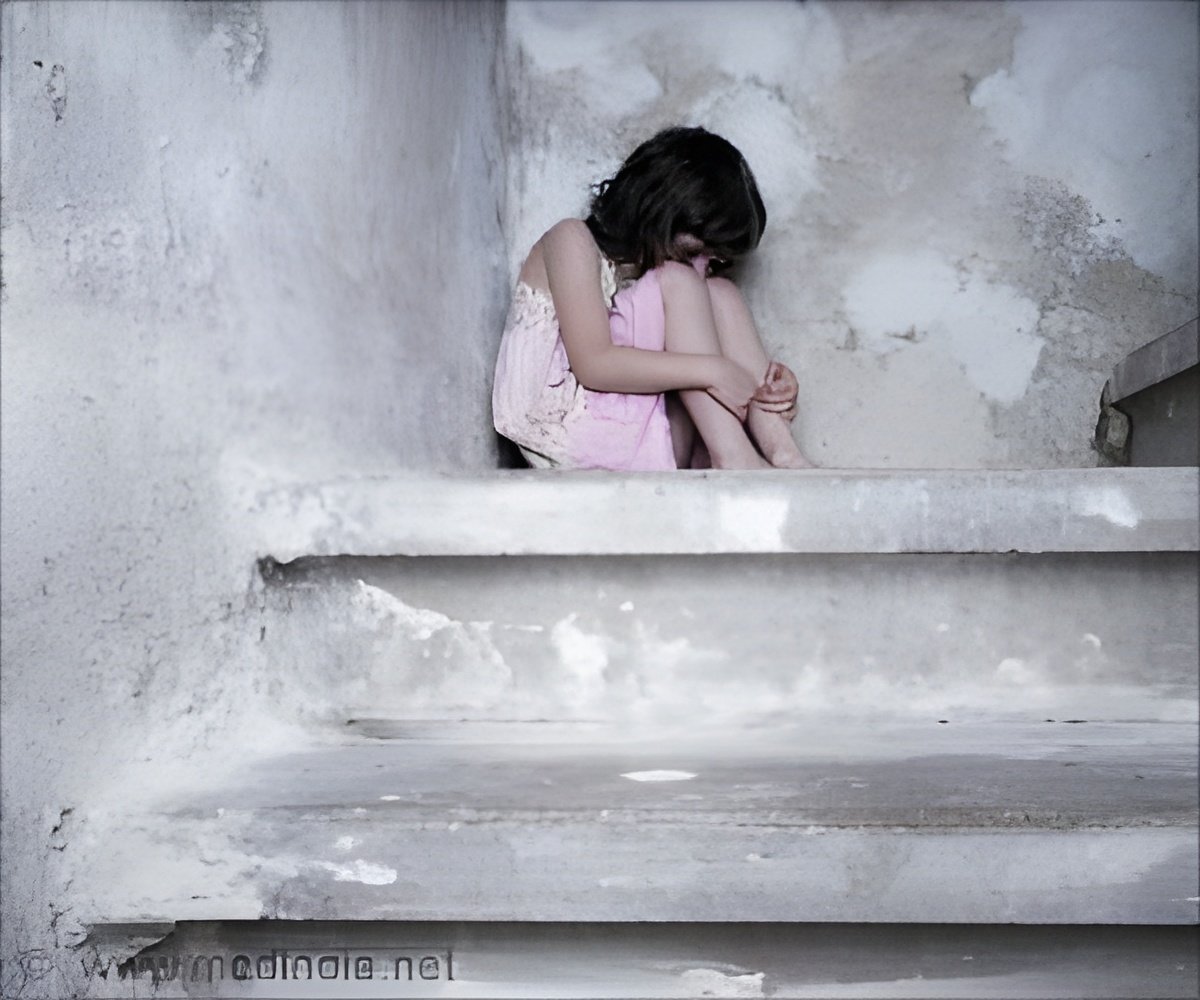Children who experience physical, sexual and emotional abuse or neglect are two to three times at high risk of attempting suicide in later life.

‘Community-based intervention is the need of the hour for abused and neglected children who are at high risk of suicidal attempts.’





• Three times more likely for people who experienced sexual abuse as a child• Two and a half times more likely for people who experienced physical abuse as a child
• Two and a half times more likely for people who experienced emotional abuse or neglect as a child
Also from the research, children who experienced multiple abuse are as much as five times higher to attempt suicide.
And as those people who experienced abuse as children get older, the risk of suicide attempts increases.
Advertisement
The sixty-eight studies were carried out across the world, producing about 262 thousand adults aged 18 years or older, who were exposed to childhood abuse and neglect.
Advertisement
She said: "Around one adult in every three has experienced abuse as a child".
"This study conclusively gives us solid evidence that childhood abuse and neglect is associated with increased likelihood that they will be at risk of suicide as adults.
"And that has important implications on healthcare. Other studies have shown that in the US, for example, the economic burden of childhood maltreatment is estimated to be around $124 billion."
"Current treatment for people with suicidal behavior usually centers around Cognitive Behavioral Therapy.
"But that assumes people will seek help themselves. This research identifies that people who are not under the care of clinicians are at risk.
"So, we need a new approach to identify these people and to focus our efforts on effective community intervention.
Dr Ioannis Angelakis from the University of South Wales said: "These findings not only provided a clear picture of the connection between abuse or neglect in childhood and suicide attempts later on in life, but also recognized that efficient interventions should take a broader community-based approach."
Source-Eurekalert










